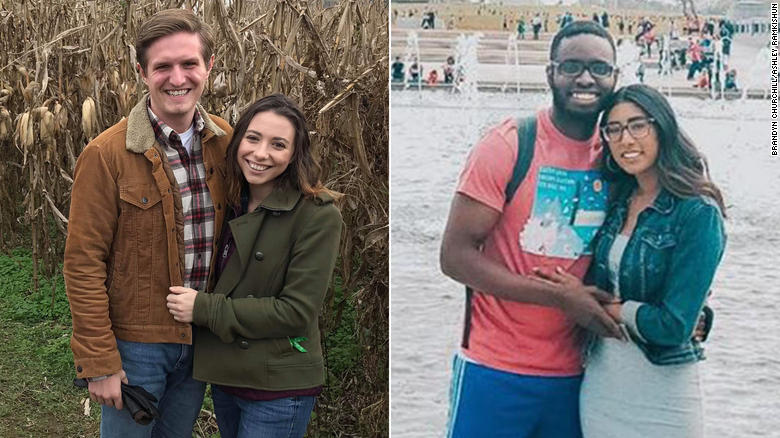Judge strikes down Virginia race requirement for marriage license as unconstitutionalPosted in Articles, Law, Media Archive, United States, Virginia on 2019-10-15 18:56Z by Steven |
Judge strikes down Virginia race requirement for marriage license as unconstitutional
The Washington Post
2019-10-11
 Judge Rossie D. Alston Jr. struck down a Virginia law mandating that marriage license applicants state their race. (Bob Brown/AP) |
A federal judge on Friday struck down as unconstitutional a Virginia law requiring people to state their race when applying for a marriage license.
“The Commonwealth of Virginia is naturally rich in its greatest traditions,” Judge Rossie D. Alston Jr. wrote in his opinion in the U.S. District Court for the Eastern District of Virginia. “But like other institutions, the stain of past mistakes, misgivings and discredited legislative mandates must always survive the scrutiny of our nation’s most important institution . . . The Constitution of the United States of America.”
The law, Alston found, violates the 14th Amendment right to due process. It is one of his first opinions; he was sworn in as a federal judge in August.
“We’re very pleased, of course,” plaintiffs’ attorney Victor M. Glasberg said. “The only unfortunate part is that it took a United States district judge to strike a Jim Crow provision that the state of Virginia insisted on defending in court.”
…He also disputed the contention that there is no “straight line” between a 1924 state law prohibiting interracial marriage and the requirement to choose a race when getting married. On the contrary, in his order he agreed with Glasberg that the law reflected a racist and segregationist past embodied in the first state registrar of vital statistics, a white supremacist named Walter Plecker…
Read the entire article here.





